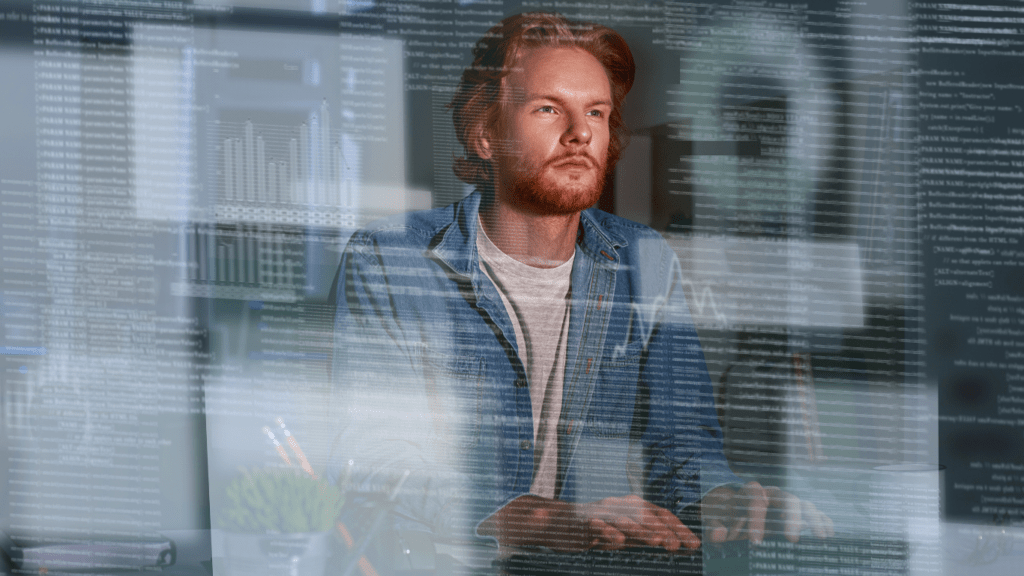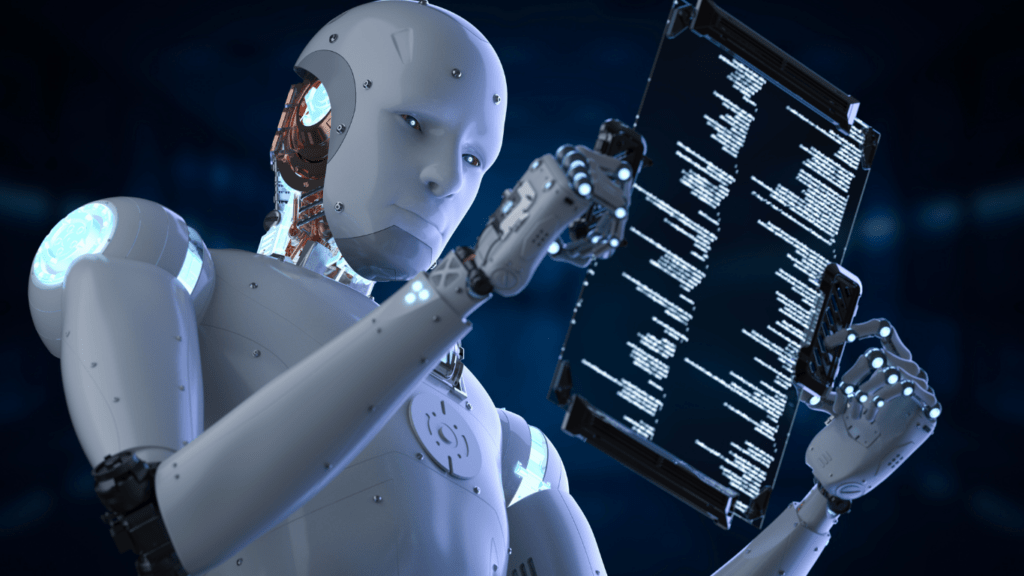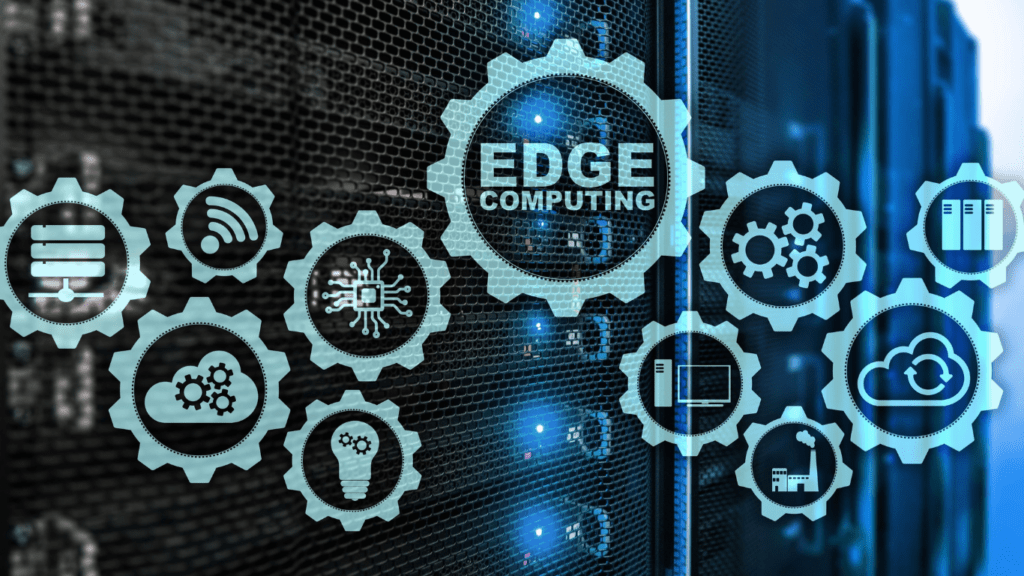AI-powered coding tools are transforming the way we approach software development. From auto-generating code snippets to debugging with precision, these tools promise to make coding faster and more efficient. But as their capabilities grow, so does the debate: are they here to enhance developers’ skills or to replace them altogether?
Overview Of AI-Powered Coding Tools
AI-powered coding tools leverage artificial intelligence to assist in various stages of software development. These tools analyze vast datasets, including code repositories and programming documentation, to provide solutions that improve efficiency and productivity.
Code generation platforms like GitHub Copilot use machine learning models trained on billions of lines of code to suggest complete code snippets or functions. Debugging tools, including DeepCode and Snyk, identify vulnerabilities, recommend fixes, and ensure adherence to coding standards. Natural language processing models enable tools to understand plain text instructions, translating them into executable code.
Other capabilities of these tools include automated testing, optimization of code performance, and project management integration. Tools such as Tabnine and Kite offer real-time auto-completions, enhancing developer workflows and reducing repetitive tasks. This adaptability allows developers to focus on solving complex problems.
How AI Tools Enhance Developers
AI coding tools provide valuable support by streamlining workflows and complementing human expertise. They improve productivity, simplify repetitive tasks, and help ensure high-quality code.
Boosting Productivity And Efficiency
AI tools accelerate development by reducing time spent on routine activities. Tools like GitHub Copilot suggest code snippets and entire functions based on intent, allowing quicker implementation. Predictive algorithms identify patterns in coding habits, improving task completion rates and minimizing delays.
Automating Repetitive Tasks
Repetitive tasks like:
- syntax correction
- formatting
- code refactoring
are handled efficiently by AI tools. Platforms such as Tabnine and Kite integrate into popular IDEs to provide real-time automation, eliminating manual effort. This reduces cognitive load and lets developers concentrate on complex problem-solving.
Improving Code Quality
AI-powered debugging tools enhance code quality by:
- identifying bugs
- vulnerabilities
- inefficiencies
DeepCode and Snyk analyze codebases to detect potential security flaws and provide actionable recommendations. Automated code reviews ensure adherence to best practices, reducing errors in production environments.
Concerns About AI Replacing Developers

AI-powered coding tools continue to evolve, raising debates about their role in the future of software development. While their benefits are evident, concerns about job security and AI’s limitations remain significant.
Job Security and Automation Fears
Widespread adoption of AI tools has heightened fears about automation replacing human jobs, especially in coding. Tools that generate, optimize, or refactor code, such as GitHub Copilot, might suggest reduced reliance on developers for standard tasks. Some worry this could shift the focus of development roles or eliminate entry-level positions, impacting career opportunities. However, most tools still require developer oversight to ensure outputs align with project requirements and standards.
Limitations of AI in Complex Development
AI excels at automating repetitive tasks but struggles with complex development challenges. For example, designing system architectures or solving abstract problems demands creativity and contextual understanding, which AI lacks. Even though platforms analyze extensive datasets, they cannot replicate nuanced decision-making or anticipate unique business requirements. This gap limits AI’s role in critical areas like strategic planning and innovative software solutions.
The Importance of Human Oversight
- Human oversight remains essential to ensure the success of AI-driven coding tools.
- Developers are responsible for reviewing, validating, and modifying AI-generated suggestions, as these tools may introduce errors or overlook specific guidelines.
- Oversight also plays a key role in maintaining ethical standards, avoiding potential misuse, and addressing unforeseen consequences of automated outputs.
- Collaboration between developers and AI fosters reliable and responsible project outcomes.
Balancing Innovation And Developer Roles
AI-powered coding tools are driving innovation while reshaping the role of developers. Striking a balance between automation and human expertise ensures effective and ethical software development.
Collaboration Between AI And Human Developers
AI tools and human developers work best when their strengths complement each other. While AI tools excel at generating code, automating tests, and catching vulnerabilities, developers provide creativity, contextual insight, and ethical judgment. For example, when AI-generated solutions lack nuance in user-specific scenarios, developers adapt the code to meet unique requirements. This collaboration enhances project outcomes by combining efficiency with nuanced expertise.
AI expands development horizons by freeing up time for higher-level tasks. Developers can focus on advanced problem-solving, crafting system architecture, or exploring innovative solutions while AI automates repetitive actions like syntax fixes and error detection. Effective collaboration depends on developers actively managing AI outputs, guiding tools with clear intent, and overseeing results to guarantee code quality and compliance.
Upskilling For The AI Era
As AI tools integrate into workflows, developers should enhance their skills to stay competitive. Proficiency in AI tools, understanding machine learning fundamentals, and maintaining strong coding capabilities prepare developers for modern demands. For example, learning how to work efficiently with tools like GitHub Copilot or understanding AI algorithms helps bridge gaps between traditional practices and AI-driven methods.
Focus on building expertise in areas where AI faces limitations. Critical thinking, creativity, and advanced problem-solving are irreplaceable human skills. By excelling in interpretative and strategic aspects of software development, developers reinforce their value in an AI-supported environment. Upskilling ensures adaptability in a rapidly evolving landscape, maintaining relevance as innovation progresses.


 Frank Gilbert played an instrumental role in shaping the foundation of Code Hackers Elite. With a sharp eye for innovation and deep expertise in software architecture, Frank was central in building the technical framework that powers the platform today. His commitment to clean, scalable code and forward-thinking development practices helped establish a strong backbone for the site, ensuring that the delivery of tech news and coding resources remains seamless and efficient for users worldwide.
Frank Gilbert played an instrumental role in shaping the foundation of Code Hackers Elite. With a sharp eye for innovation and deep expertise in software architecture, Frank was central in building the technical framework that powers the platform today. His commitment to clean, scalable code and forward-thinking development practices helped establish a strong backbone for the site, ensuring that the delivery of tech news and coding resources remains seamless and efficient for users worldwide.
